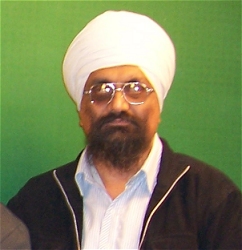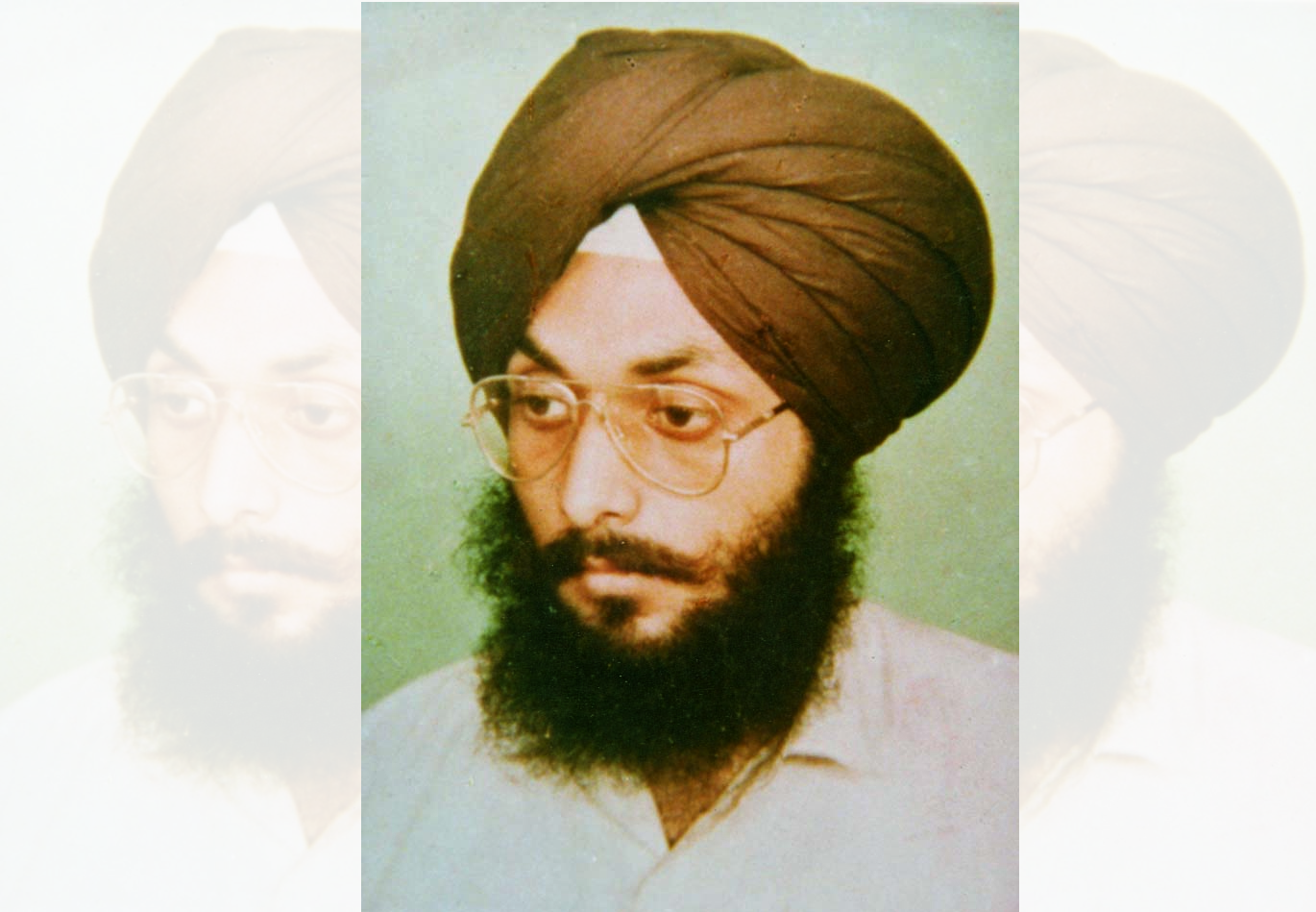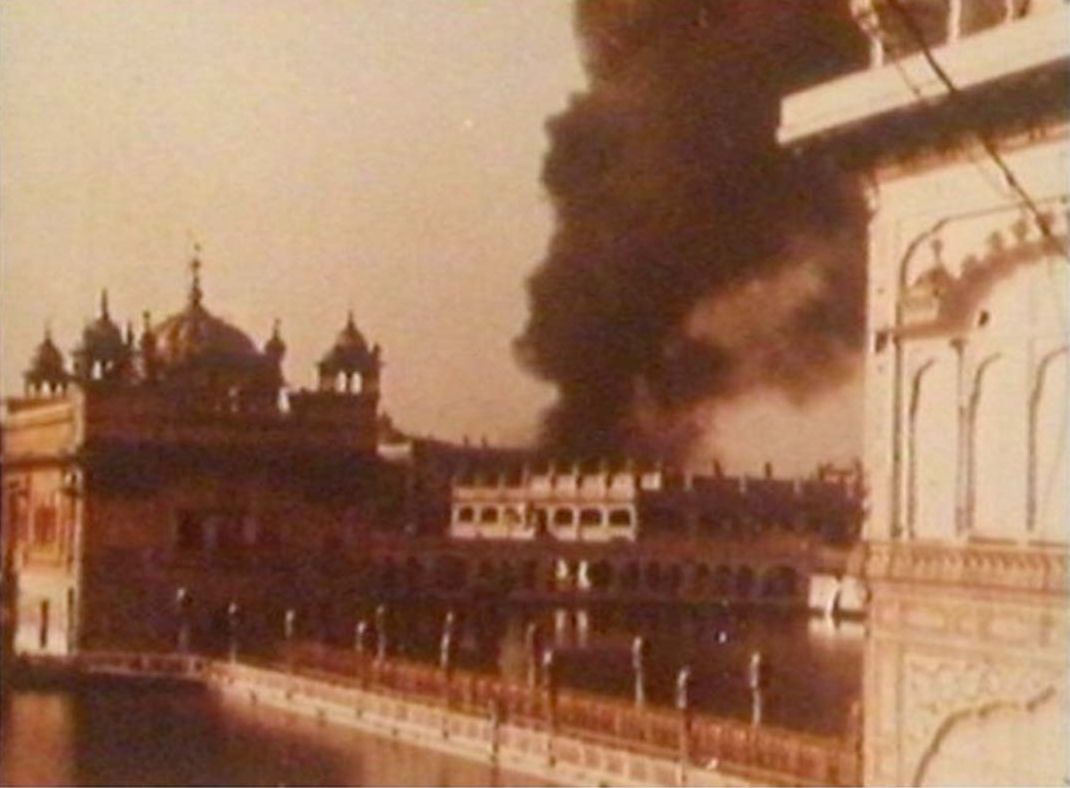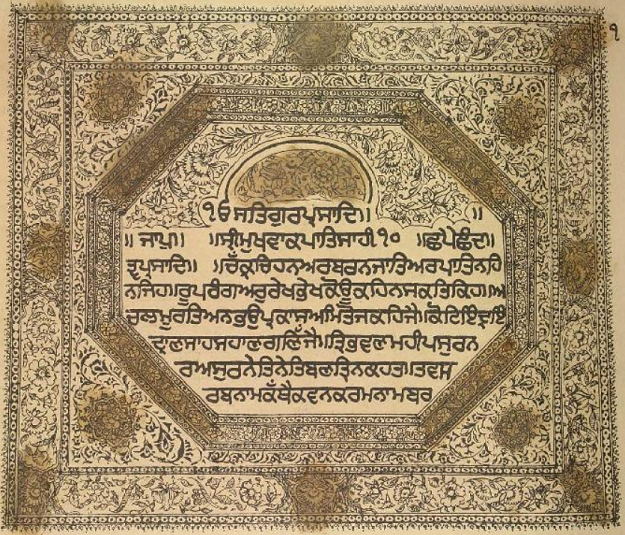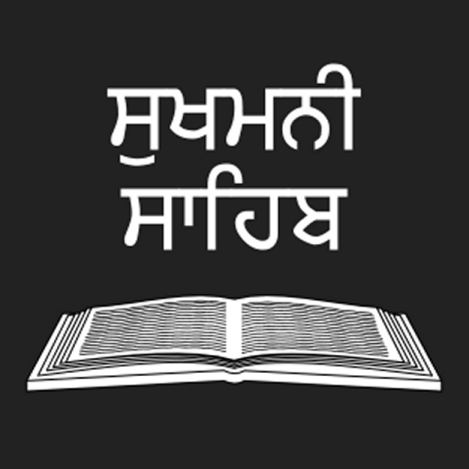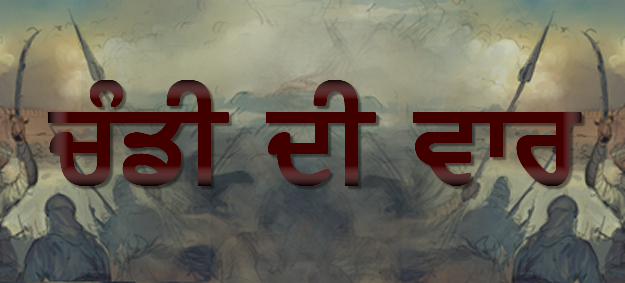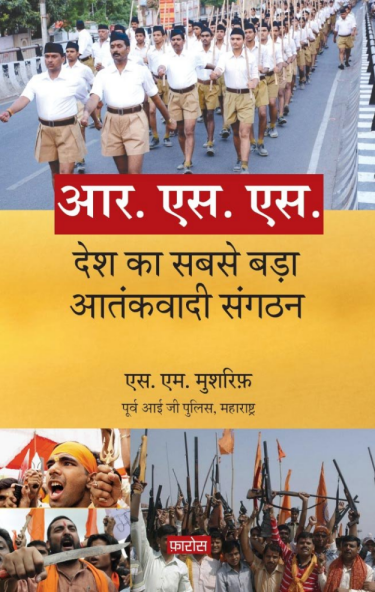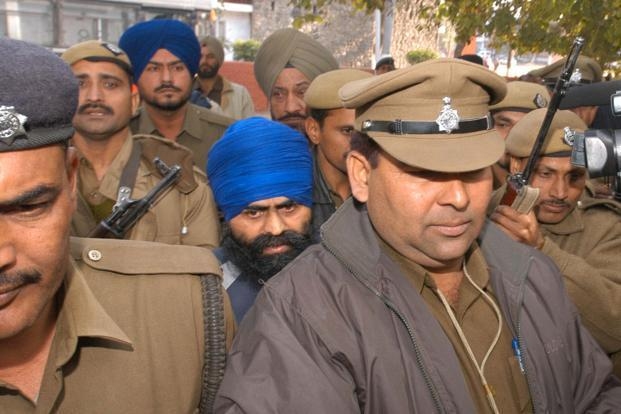
NEW DELHI - The death sentence of Devinder Pal Singh Bhullar (Prof. Bhullar) was commuted to life imprisonment on Monday, March 31. The Supreme Court of India based their decision on the grounds of the inordinate delay in deciding his mercy plea and his present mental condition.
In commuting the death sentence, the Four Judge Bench, consisting of P. Sathasivam (Chief Justice of India), Justice R. M. Lodha, Justice H. L. Dattu, and Justice Sudhansu Jyoti Mukhopadhaya referred to the apex court’s January 21, 2014 verdict. That verdict stated that, “ holding an inordinate and inexplicable delay by the government in deciding mercy pleas of death row convicts, and mental illness such as schizophrenia are grounds for reduced sentence.”
While talking to Voices For Freedom (VFF) team, Navneet Kaur, wife of Prof. Bhullar said, “It took us 19 long years to finally stop his execution. I would like to take the opportunity to thank everyone for their continuous support towards such injustice.”
Thanking the present Bench for their decision, she adds, “ I would like to thank all the Judges of the Bench for doing justice and for taking a firm stand against this gross human rights violation.”
In reaching this decision the court also took note of the February 5, 2014, report of the Delhi-based Institute of Human Behavior and Allied Sciences (IHBAS). That report confirmed that Prof. Bhullar suffers from Schizophrenia, a form of mental illness.
This verdict is due to the curative petition submitted by Mrs. Kaur on September 2013. In this petition, she challenged the rejection of Prof. Bhullar’s and her April 12, 2013 review petition. Post the apex court’s verdict of January 21, 2014, Mrs. Kaur pressed for her curative petition, which gave 74 grounds for reducing Prof. Bhullar’s death sentence.
Even though his arrest and conviction raised several human rights issues; his arrest was under the Terrorist and Disruptive Activities (Prevention) Act (TADA) a law that contains provisions incompatible with international fair trial standards; a lack of evidence proving his involvement; and an involuntary and forced ‘confession’, which he later retracted. Prof. Bhullar was sentenced to death in 2001 by a Delhi trial court for triggering a blast in New Delhi in 1993.
In spite of the fact that one of the three judges found him not guilty, on the basis of lack of evidence to prove his involvement, the apex court on March 26, 2002, upheld his death sentence.
A review petition, which was filed in December 2002, was rejected, and a curative petition filed in response to the rejection of December 2002, was also rejected in March 2003.
In conjunction with these petitions Prof. Bhullar also filed a mercy petition before the President of India in January 2003. After a lapse of over eight years, the President, dismissed his mercy plea on May 14, 2011. Citing the delay and other human rights violations, he again moved the apex court for commutation of the death sentence. Once again, in April 2013, his plea was rejected.
The apex court has commuted sentences of 18 prisoners since the beginning of this year. The Supreme Court’s decision to commute Prof. Bhullar’s death sentence is definitely the first step to undo the harm done by the blatant abuse of human rights that have become a common practice in India.


